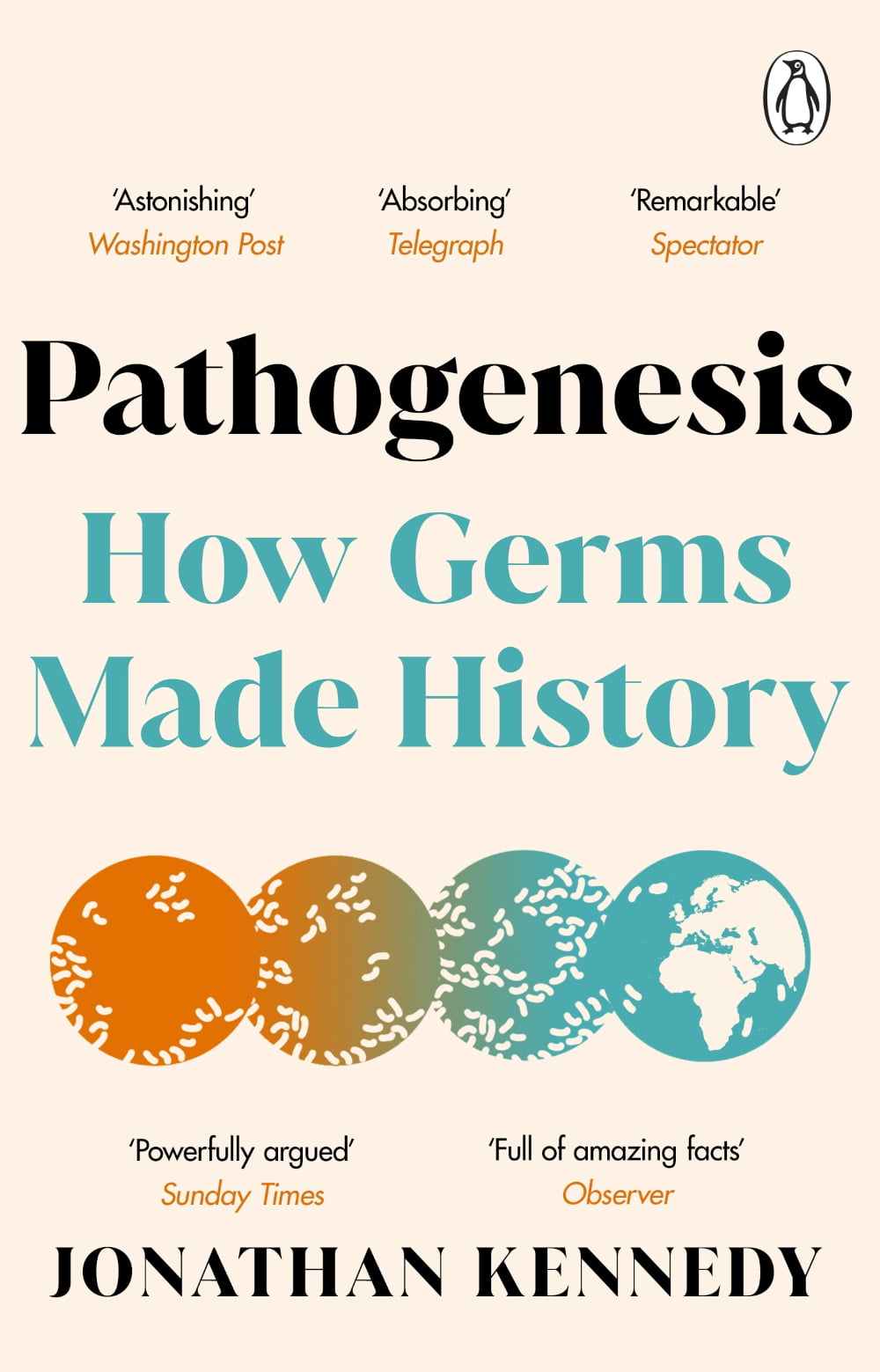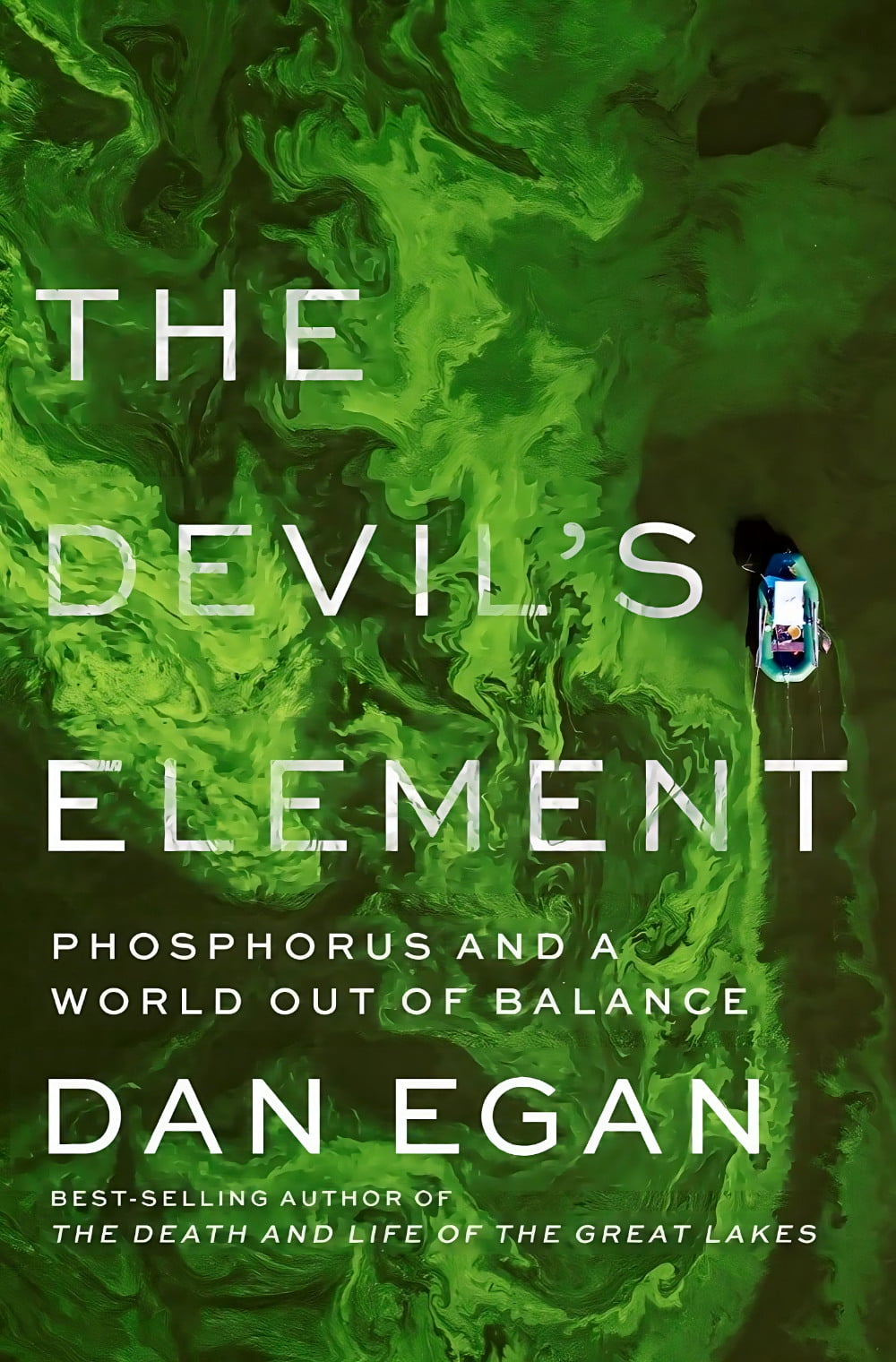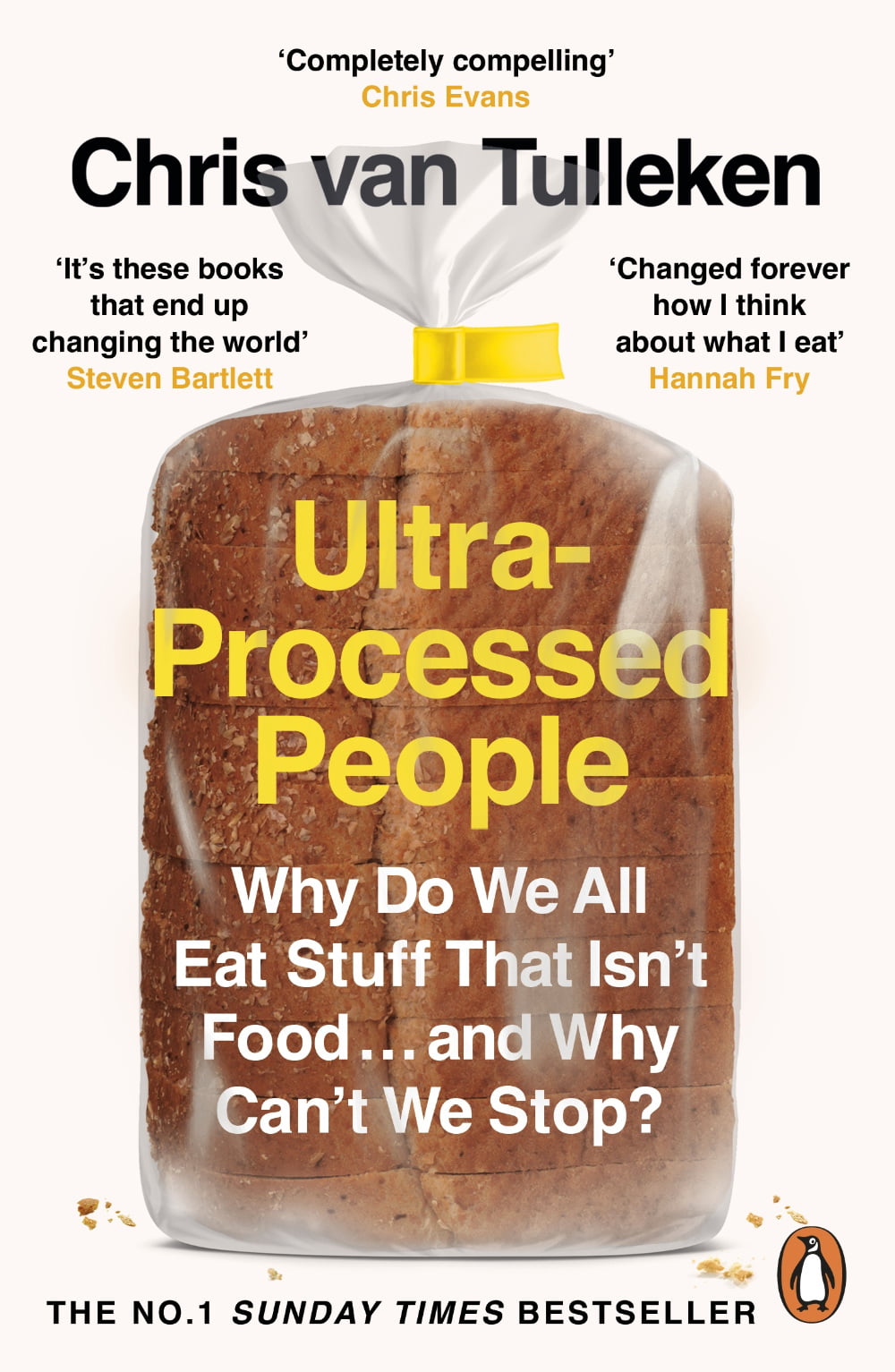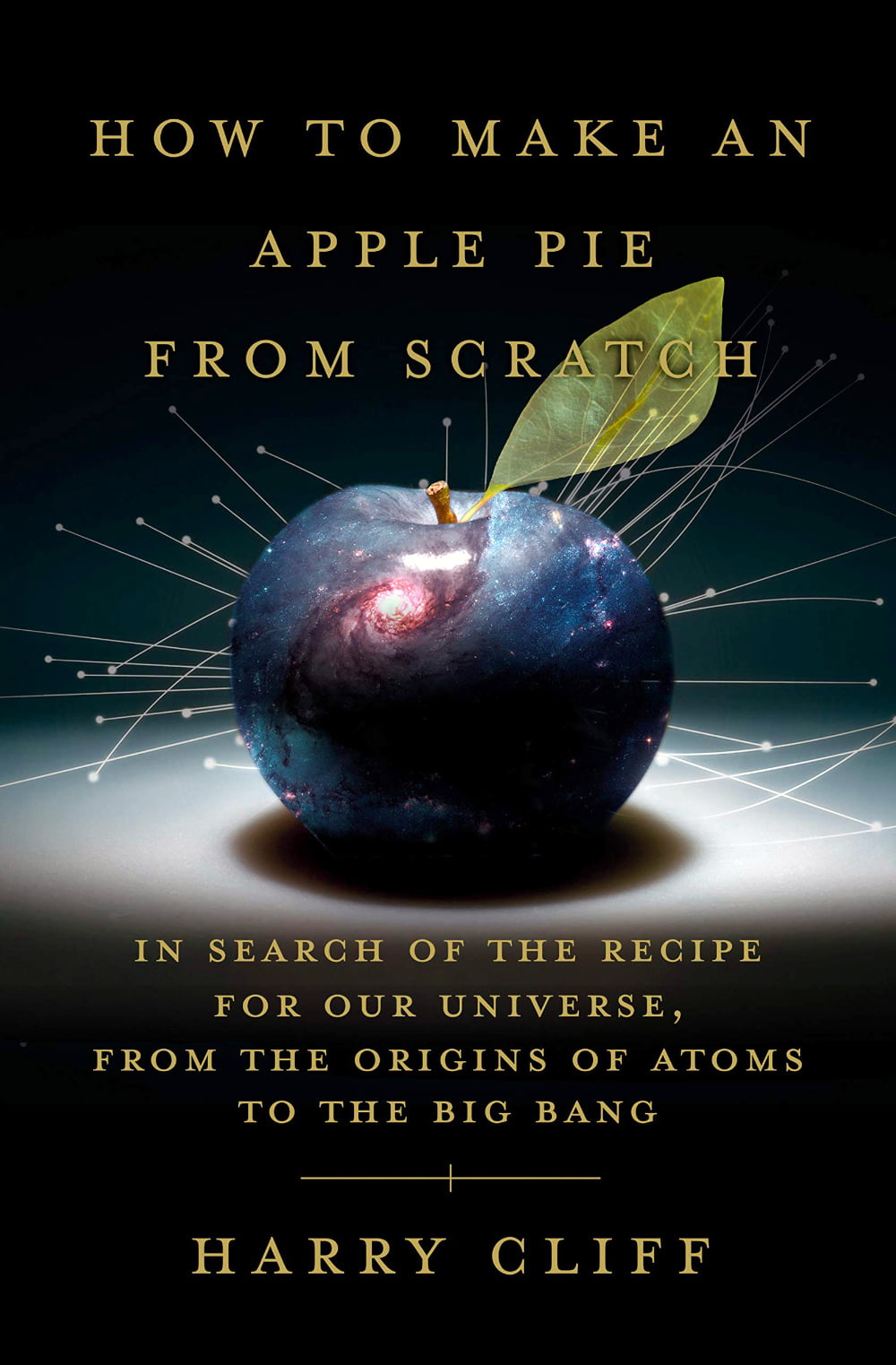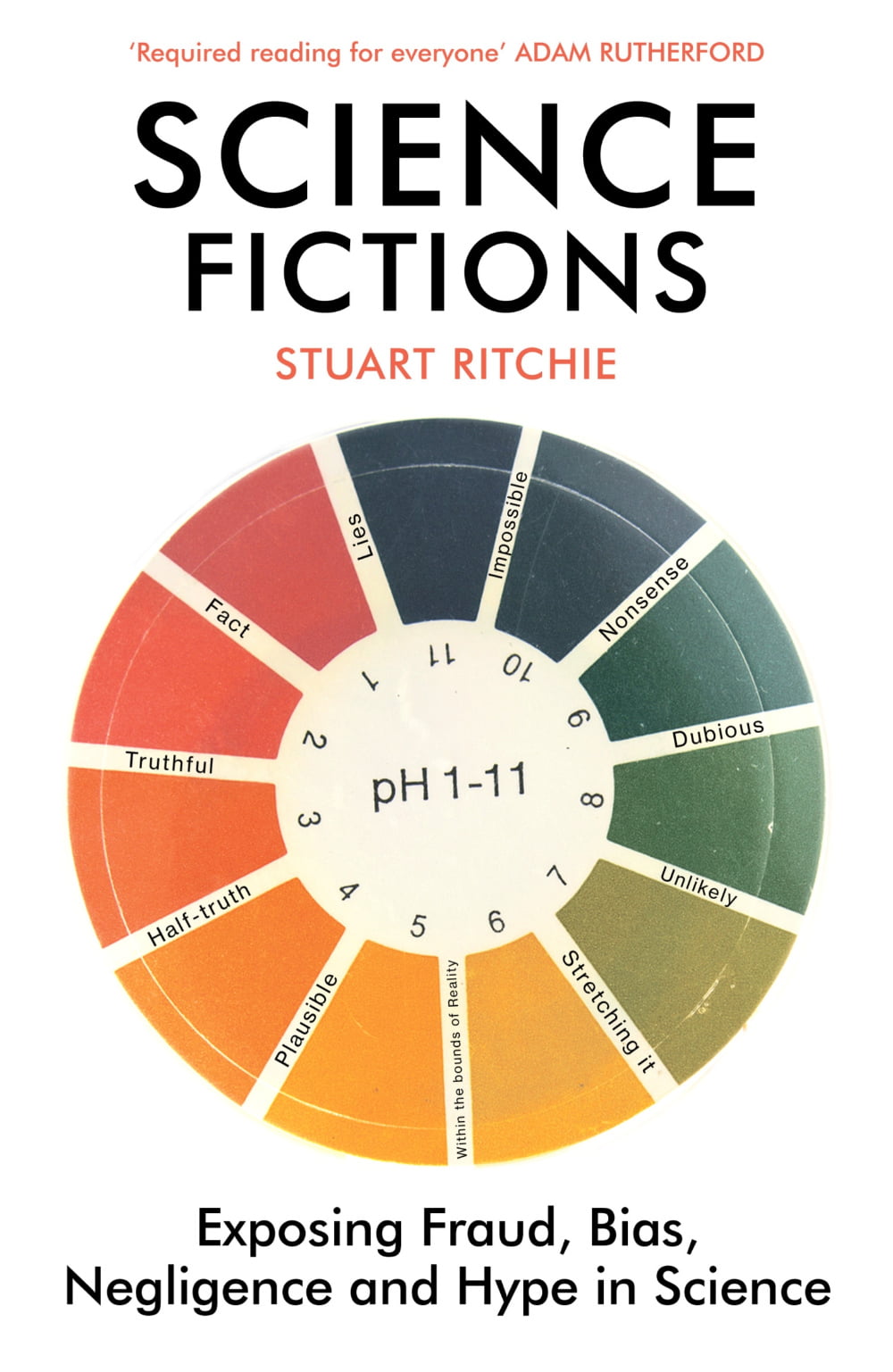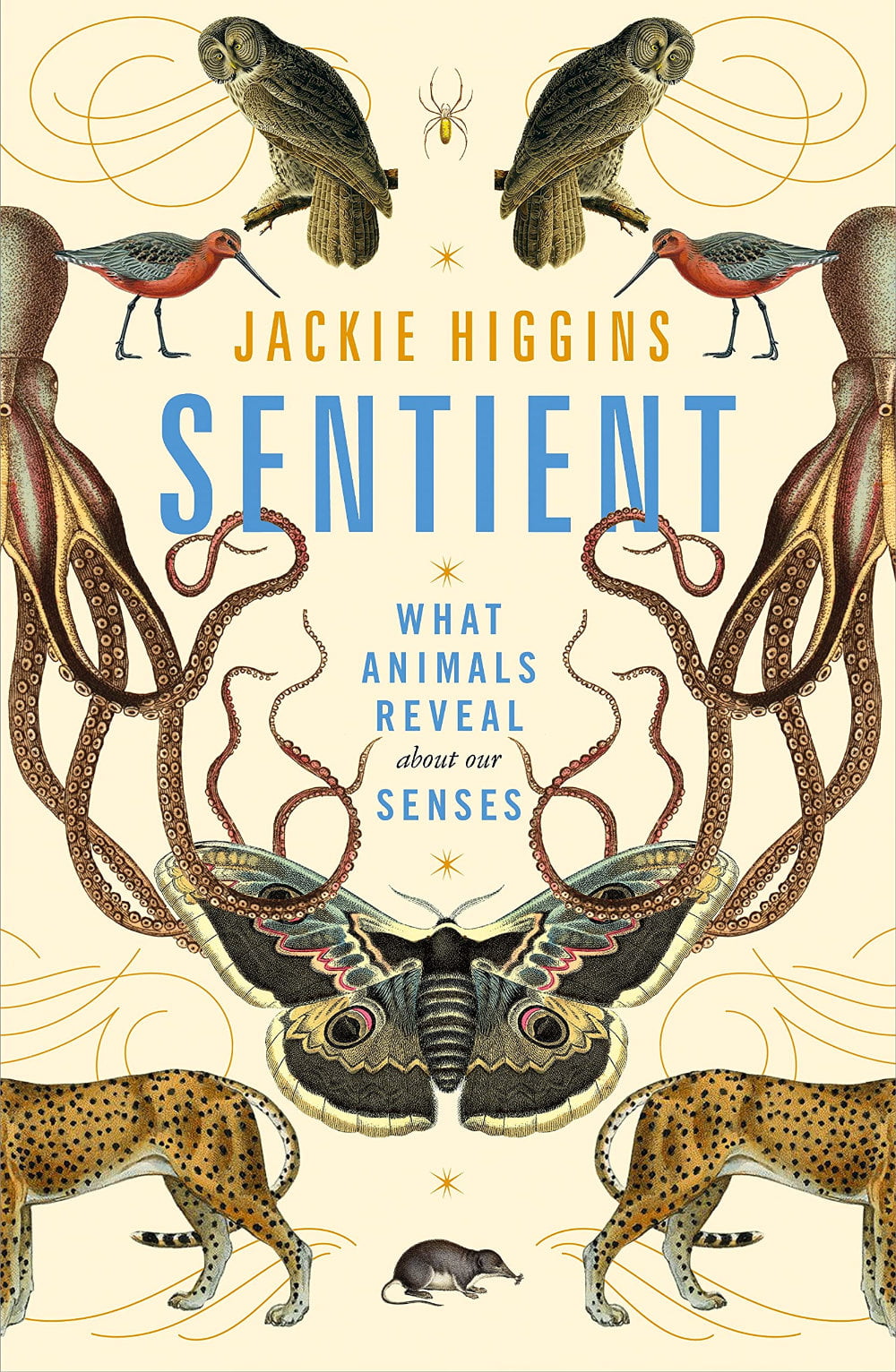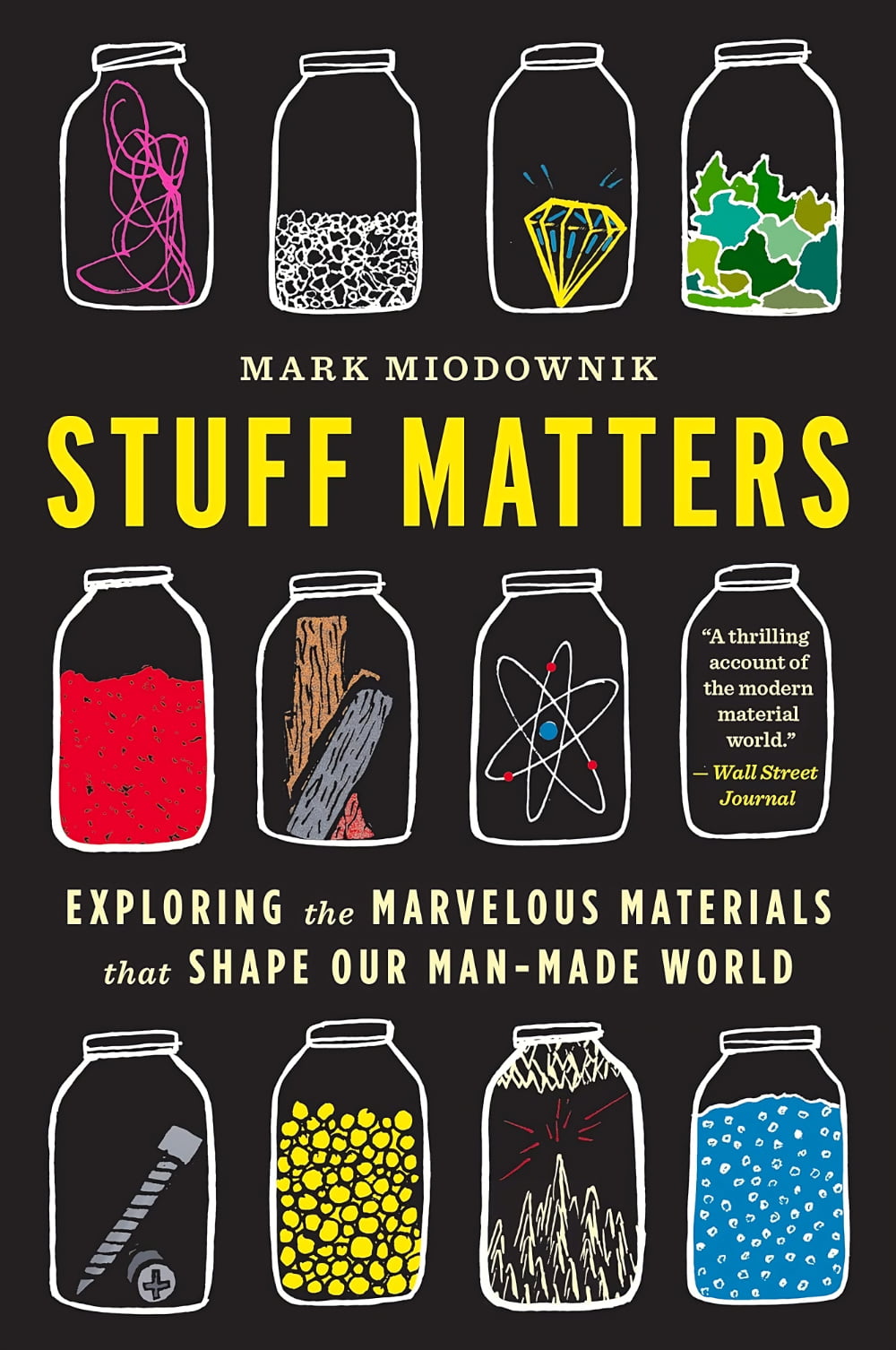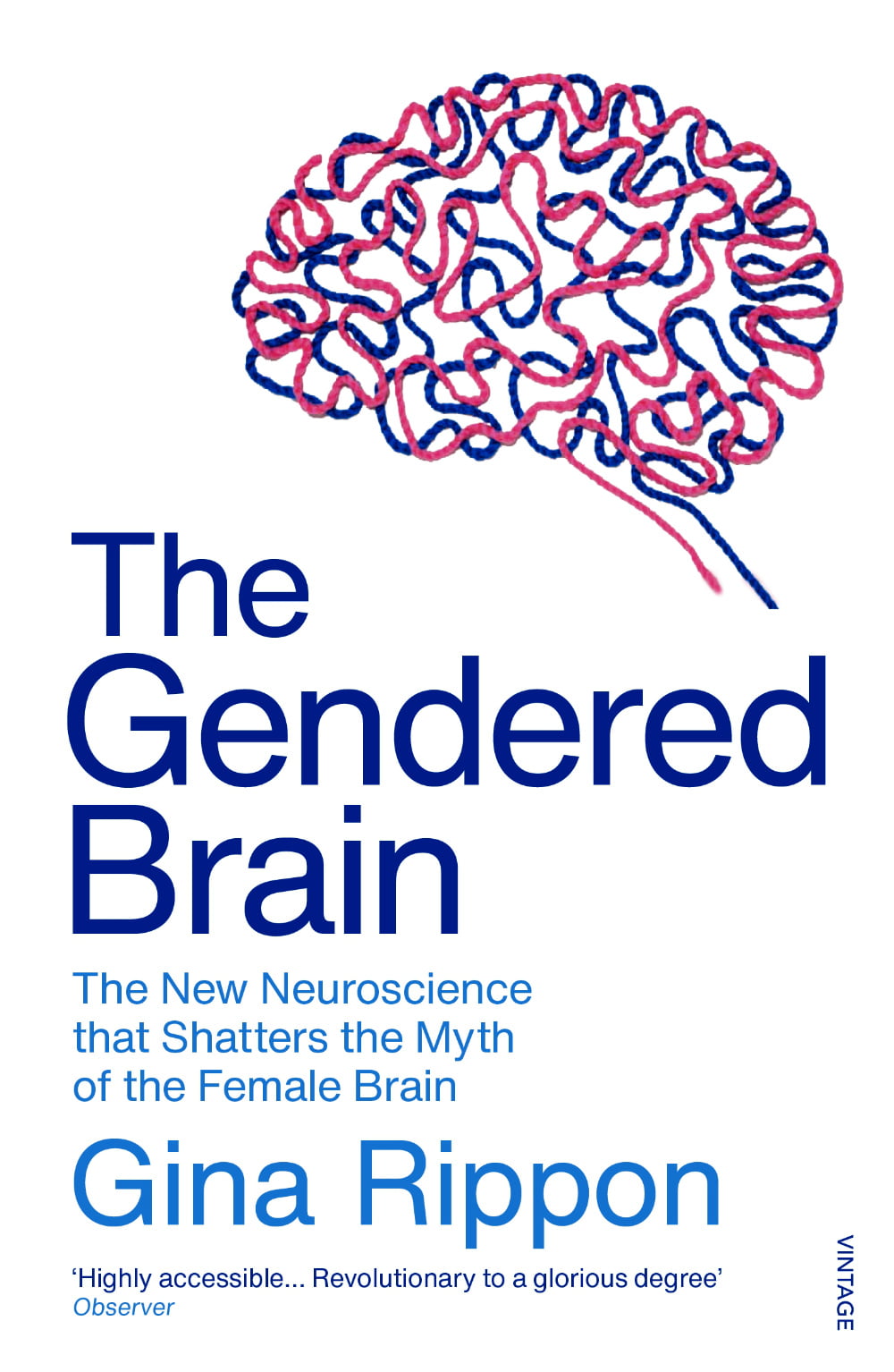Of all the things that have contributed to human success, cultural evolution stands out as a major factor. Our ability to pass down information through books and sayings has created a rich repository of knowledge that helps us learn about everything known to humankind.
Popular science books are one of the best ways not only to learn about the science behind everything but also to put it in the context of the present day. The books in this list are especially relevant today, addressing pressing issues like climate change and the growing focus on mental health. These titles offer ideas that can change your life and broaden your perspective on the world.
New Popular Science Books to Read in 2024
1. Pathogenesis: How Germs Made History, by Jonathan Kennedy (2024)
The COVID-19 pandemic changed the world, making remote work the norm for many and propelling advancements in medicine. What might surprise you is that this isn’t the first time infectious diseases have shaped our history.
In the science book “Pathogenesis”, Jonathan Kennedy explores how germs have influenced not only our evolutionary path but also the way our societies function. Kennedy traces the impact of infectious diseases back to the time of the Neanderthals.
The role germs played in many landmark events, like the fall of Rome, the rise of capitalism, the Industrial Revolution, and the recent pandemic is truly fascinating. Even if you’re familiar with some of these events, the book presents a unique and thought-provoking perspective that will still surprise you.
2. The Devil’s Element: Phosphorus and a World Out of Balance, by Dan Egan (2023)
Sustainability is one of the most pressing issues of our time, with shortages becoming increasingly common. Whether it’s energy or consumer goods like clothes, there are constant headlines about the consequences of unsustainable practices.
The science book “The Devil’s Element” by Dan Egan highlights our dependence on phosphorus, which is vital for agriculture as a key component of fertilizer and crucial for us, as it’s a building block of our DNA. Egan explores the lengths communities have gone to in order to access this highly sought-after resource.
The science journalist details our journey of mining phosphorus, starting from its discovery in Hamburg in the 17th century. Egan highlights how we have become overly reliant on this element to the point that its shortage could disrupt the food system on a global scale.
The potential consequences are worse than we might think, even leading to the possibility of conflict or war. Overall, this is an illuminating book that helps us understand how we reached this point.
3. The Happiness Cure: Why You’re Not Built for Constant Happiness, and How to Find a Way Through; by Dr. Anders Hansen (2023)
Despite our challenges, most people today are living longer and have better access to food, water, and shelter than ever before. Yet, it’s puzzling that mental health problems are increasing across all age groups.
This book offers much-needed insight into the conditions that have shaped how our brains have evolved and function today. Dr. Hansen explains that since we’ve evolved to survive, many of the things that appear dysfunctional to us were incredibly useful to our ancestors.
He explores topics like anxiety, depression, and loneliness, combining research in psychology and human evolutionary history. This book is a must-read if you want to better understand yourself and gain a clearer perspective on happiness. From understanding how our brains work in stressful situations to rethinking what we know about feelings and emotions, this insightful book covers it all.
4. The Sixth Extinction: An Unnatural History, by Elizabeth Kolbert (2024)
There is growing awareness that the threat climate change poses to many ecosystems is devastating. Conservation scientists have been ringing the alarm bells regarding the rates of biodiversity loss and species extinction for years.
This timely science book traverses through the last five mass extinctions, leading up to the sixth one, which is ongoing. Kolbert focuses on how humans have affected populations of many other species and our role in this global event.
Kolbert presents research from various fields and the compelling way she weaves in her observations makes the book “terrifying” to some reviewers. This is the best book this year that pushes us to rethink our place among other species and helps you to look at our impact on life on this planet.
5. Ultra-Processed People: Why Do We All Eat Stuff That Isn’t Food… and Why Can’t We Stop? by Chris van Tulleken (2023)
Weight loss and healthy eating are always trending topics. When it comes to making healthier choices, especially around food, we often hear that it’s all about willpower. This book reveals the science behind ultra-processed foods and why traditional advice on diet and weight loss may not work.
Tulleken goes in depth over the negative effects that ultra-processed food has on our bodies, our weight, and even the planet. He also covers the profitability of companies making ultra-processed foods and the addictiveness of these foods.
Once you understand the science explained in this book, you’ll start seeing food differently. In the end, Tulleken stresses our right to know what we are putting in our bodies and its impact. This book will change how you think about what you eat and the transparency we deserve regarding food production.
6. Wise Animals: How Technology Has Made Us What We Are, by Tom Chatfield (2024)
Technology is becoming more intertwined with every part of our lives, from phones and cars to artificial intelligence. Chatfield’s “Wise Animals” takes readers on a journey through time, showing how technology has evolved alongside us.
The book starts by exploring our relationship with early discoveries and inventions and then covers key technologies that followed.
Although new technologies can be intimidating, this book offers a more positive perspective, presenting them as an integral part of human development. If you’re interested in the intersection of technology and culture, this book is a must-read for this year.
Best Science Books You Need to Read in 2024
7. How to Make an Apple Pie From Scratch, by Dr. Harry Cliff (2021)
How did everything come into existence? This book takes you on a journey from the Big Bang through exploding stars to understanding what matter is. Complex topics like quantum mechanics and antimatter are made easy to grasp in this accessible read. The physicist puts it all in context, covering historical events in chemistry, physics, and astronomy that led us to where we are today.
You’ll discover major scientific breakthroughs and get a glimpse into the lives of the discoverers. Dr. Cliff covers a lot of ground while keeping the reader engaged with humorous and insightful writing. This book also hints at what’s next in these revolutionary fields.
8. How to Make the World Add Up: Ten Rules for Thinking Differently About Numbers, by Tim Harford (2020)
In a world where misinformation can spread at the click of a button, this book is an invaluable resource for learning. Interpreting statistics can be tricky, which is why it’s often used as a tool for manipulation. Reading this book will equip you with the skills to understand and use statistics effectively. You’d be surprised at how useful the information in this book can be in various situations.
The book uses several examples from shocking events in history to smaller events all of which will keep you turning page after page. This illuminating read manages to teach, inform, and entertain all at the same time. In the end, it makes it easier for the reader to evaluate the reliability of what is being presented to them on a day-to-day basis.
9. Science Fictions: Exposing Fraud, Bias, Negligence, and Hype in Science, by Stuart Ritchie (2020)
We rely on scientific information to guide many aspects of life, from health to housing. This book reveals the flaws in the current scientific system that undermine our trust in science communication.
Ritchie reveals the dangers of combining science with job security, politics, monetary gain, and more, in this riveting page-turner. He covers everything from the struggles of new scientists facing the “publish or perish” pressure to the competition for limited tenure positions.
The book also highlights the good scientists who have overcome obstacles to achieve success. This science book will instill a sense of urgency in you regarding the much-needed transformation in the current science sector.
10. Sentient: What Animals Reveal About Our Senses by Jackie Higgins (2021)
Scientists no longer believe that there are just five senses, instead, there may be up to thirty. This book explores the incredible ways animals perceive the world and how, through them, we’ve learned more about our own senses. The abilities of animals will surprise and excite you, no matter the species. This book reveals fascinating insights about our own physiology that many readers might not know.
Understanding more about your own perception can significantly change how you view the world. This science book is both educational and imaginative in a unique way. Reading Higgins’ work will help you discover what other intelligent life forms can teach us about our place in the natural world.
11. Stuff Matters: Exploring the Marvelous Materials That Shape Our Man-Made World, by Mark Miodownik (2013)
If you’re looking for pure edutainment, something to sate your curiosity about the materials that make up our world, this book is for you. Although it was published in 2013, it still showcases the marvels of human creativity. From fabrics to silicone chips, Miodownik explains how everything works. This is a book that makes even the most basic things seem fascinating.
While the subject matter itself is interesting, it wouldn’t be as astounding without Miodownik’s engaging storytelling. He manages to excite the reader over topics that are rarely written about. If you want a book that gives you a new perspective on everyday materials, this is definitely worth reading.
12. The Gendered Brain: The New Neuroscience That Shatters the Myth of the Female Brain by Gina Rippon (2019)
The differences between men and women remain a hot topic of debate. Rippon’s book is a treasure trove of information that shows how many of the differences we see are taught rather than inherent traits. She reveals how biases about women in science led to the popularization of the idea that male and female brains are fundamentally different, even though there’s no real evidence to support this.
This book is the perfect resource for tackling stereotypes and sexism that limit both men and women. By the end, you’ll realize that the differences often emphasized between the genders are more about societal systems than biology.
Read More:
Top 10 Books to Read in 2024: Must-Reads for Book Lovers
8 Science-Backed Sauna Benefits for Your Mind & Body
How to Reduce Screen Time: 7 Best Tips for a Digital Detox
Book Review: The Silent Patient by Alex Michaelides, A Psychological Thriller



